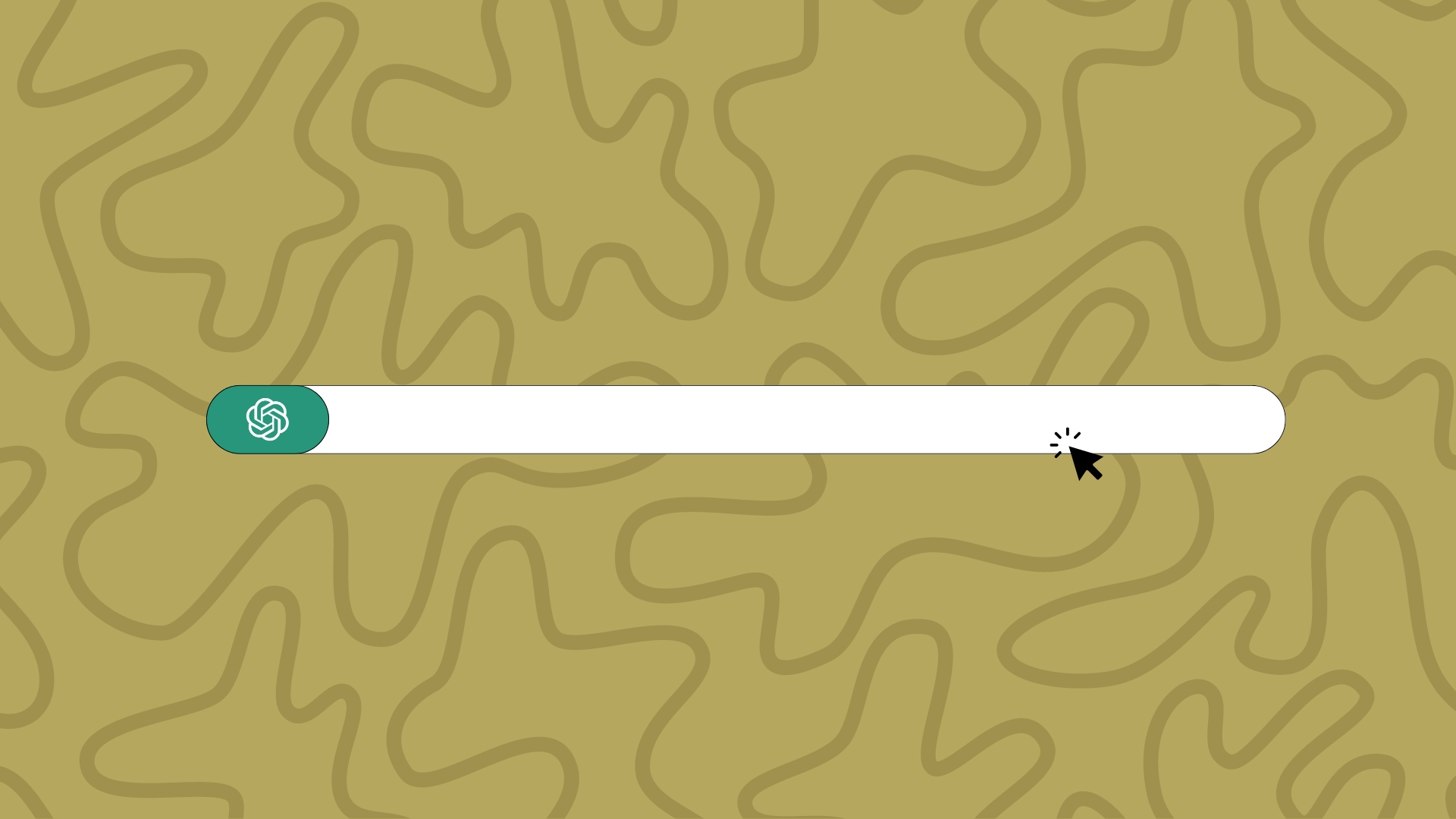OpenAI is testing a new search prototype SearchGPT which harnesses AI capabilities to deliver quick, and quality answers. The concept combines AI’s current capabilities with search functions, delivering content that is found from reliable and relevant sources.
As the landscape of searching shifts and around 60% of Google searches end without a click, it’s an interesting announcement to hear of this new development surrounding Artificial Intelligence. The search capabilities should hopefully remedy the searcher’s need to refine their initial search query.
How will SearchGPT work?
Currently, a small test group is able to play around with SearchGPT, to provide OpenAI with feedback ahead of its release. The company have stated all successful features will be implemented onto ChatGPT.
Though there is no clear date set out for the prototype to be made public, keen users can sign up for the waitlist.
When providing users answers, all content is to the point, in-line, named attributions and clearly linked to make navigating to the original content fast and effective. Within the sidebar more source links can be found, there to create a rich bank of content to research.
User will be able to ask follow-up questions similarly to how a natural conversation would flow. Allowing SearchGPT to accommodate for any context within the history of the search.
Open AI have made clear they want to establish partnerships with creators and publishers in order to maintain and grow the ecosystem of content available. Those with high-quality content will likely be displayed to queries more frequently creating an opportunity for discovery. Performance insights are likely to be shared with publishers to help them understand the performance of their content within the AI search landscape.
The partnership will also allow for publishers and creators to give OpenAI feedback, providing choices and autonomy over their content. For instance, sites can elect to not have their content used to train the AI and instead can be just used to display results. It will also provide publishers with the power to determine how their content is displayed.
Publishers are able to provide feedback at publishers-feedback@openai.com.
How will this impact search?
Though it’s not entirely clear what the impact of AI-powered search will have on search engines, we can hypothesise what will likely be affected as a result:
- A change in the way site publishers and Search engines communicate to ensure content is effectively distributed.
- A shift in the relationships developed between AI companies, creators and publishers.
- New ways of distributing content, creating more opportunities for discovery.
- Needing to adapt SEO (Search engine optimisation) strategies.






